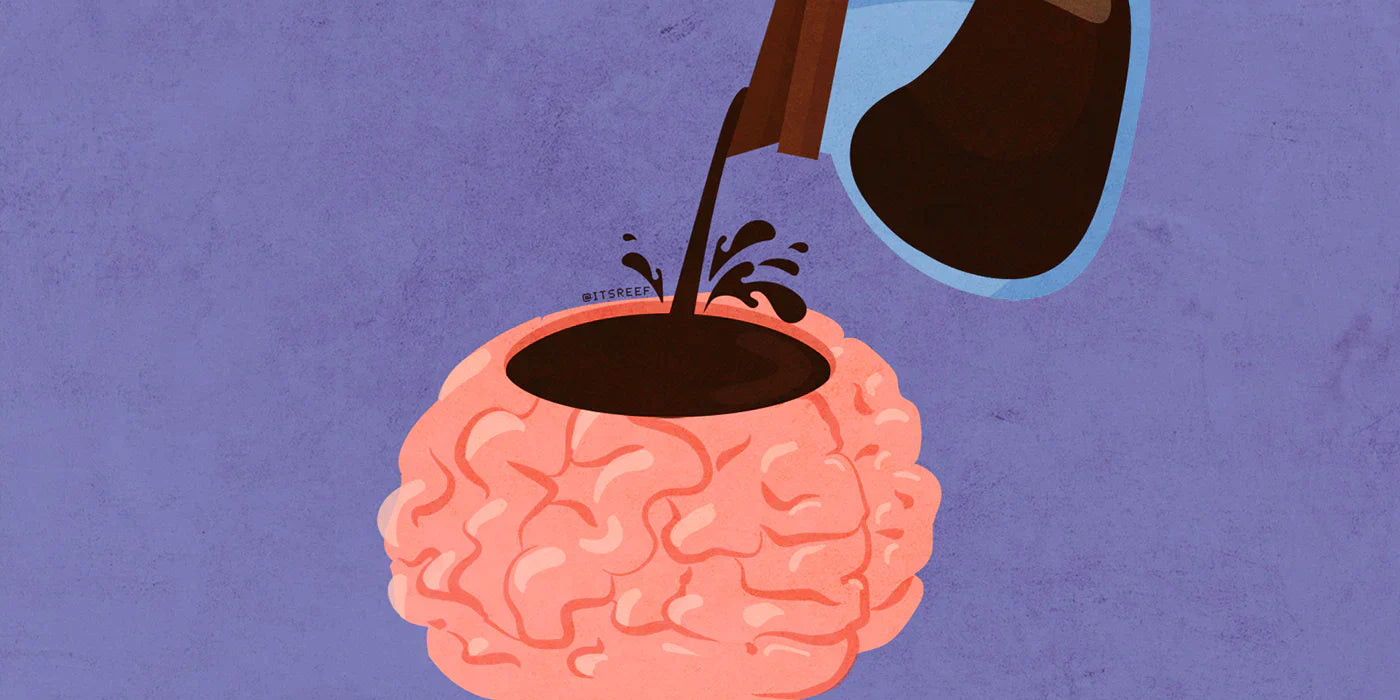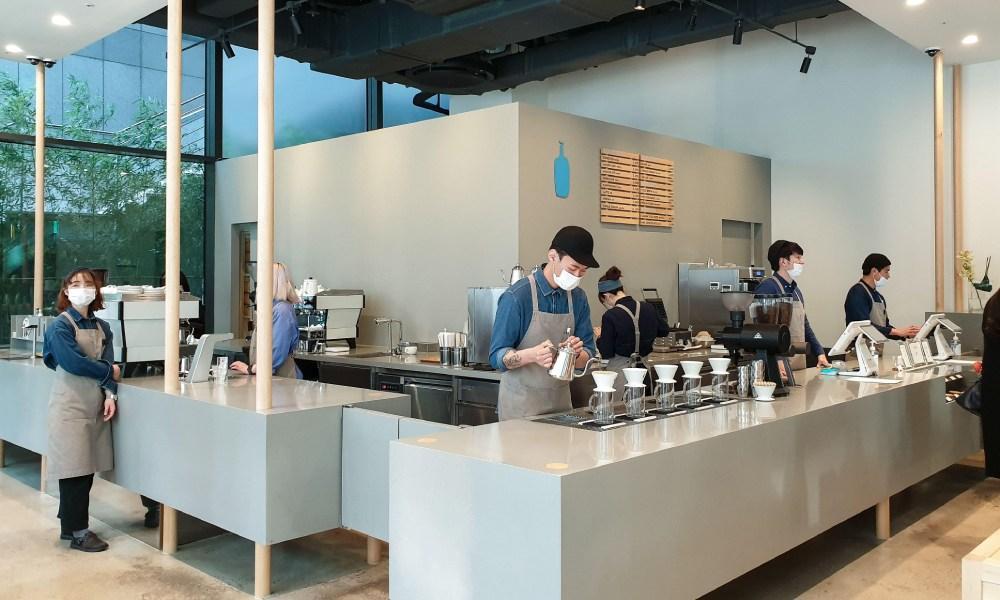The Brain on Coffee and It's Impact on Historical Decisions

Coffee is one of the most widely consumed beverages in the world, with an estimated 2.25 billion cups consumed every day. Many people turn to coffee as a source of energy and focus, relying on its caffeine content to help them power through their day. But what effect does coffee have on the brain, and can it be linked to historical decisions?
Caffeine, the primary active ingredient in coffee, is a stimulant that works by blocking the action of adenosine, a neurotransmitter that promotes sleep and suppresses arousal. By blocking adenosine, caffeine promotes wakefulness and enhances cognitive function, including alertness, attention, and memory.
Numerous studies have demonstrated the positive effects of caffeine on the brain. For example, a study published in the Journal of Alzheimer's Disease found that caffeine consumption may help protect against cognitive decline in older adults. Another study published in the Journal of Psychopharmacology found that caffeine can improve mood, attention, and mental performance in healthy adults.
But can coffee consumption be linked to historical decisions? While it is difficult to say for certain, there are some intriguing examples to consider.
One well-known example is the American Revolution. According to legend, it was a group of coffee-drinking patriots who first came up with the idea of the Boston Tea Party in 1773. Frustrated with British tea taxes, they switched to coffee as their beverage of choice and used it as a symbol of their independence from Britain.
Another example is the French Revolution. Coffeehouses played an important role in the intellectual and political ferment that led to the revolution. The coffeehouses of Paris were gathering places for intellectuals, artists, and revolutionaries, where they could exchange ideas and discuss politics. The coffeehouses became so influential that the French government eventually tried to ban them.
While these examples are interesting, it is important to remember that many other factors were also at play in these historical events. Coffee consumption was just one of many cultural, economic, and political factors that contributed to these events.
In conclusion, coffee has been shown to have a number of positive effects on the brain, including enhancing cognitive function and protecting against cognitive decline. While it is difficult to say for certain whether coffee consumption had a significant impact on historical events, there are some intriguing examples to consider. Whether you're a history buff or simply looking for a cognitive boost, there's no denying the power of a good cup of coffee.




